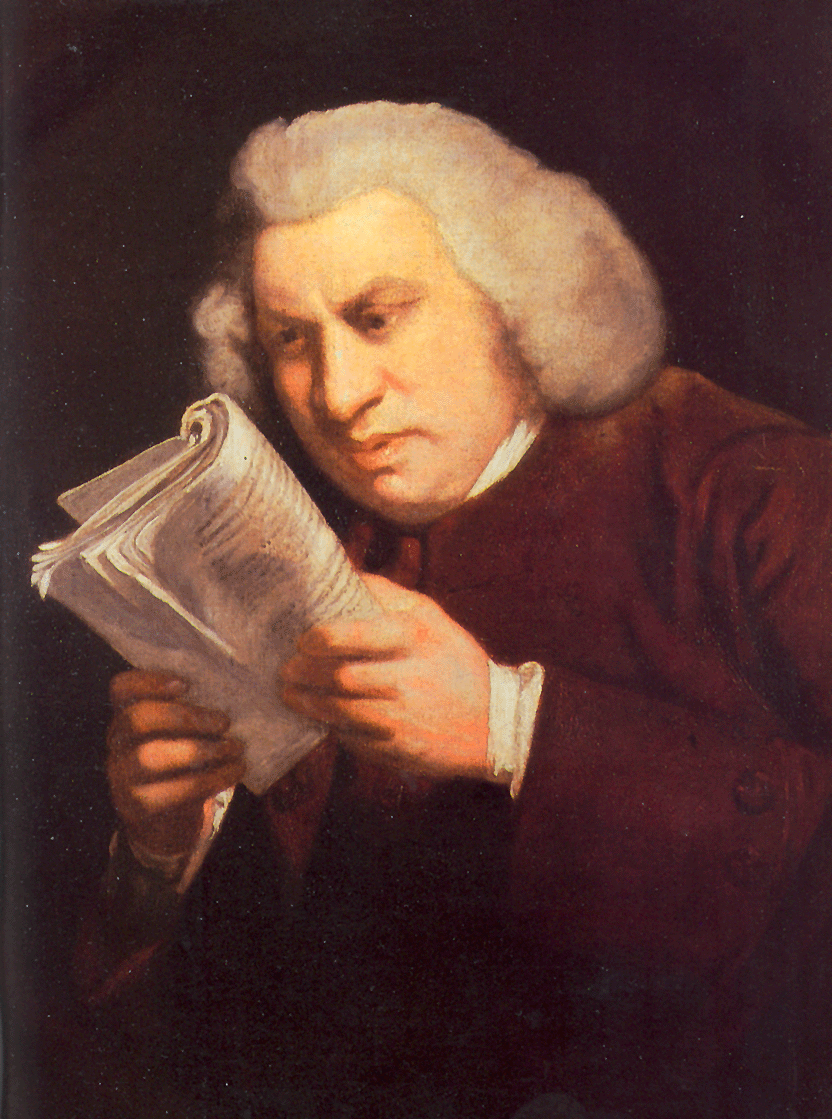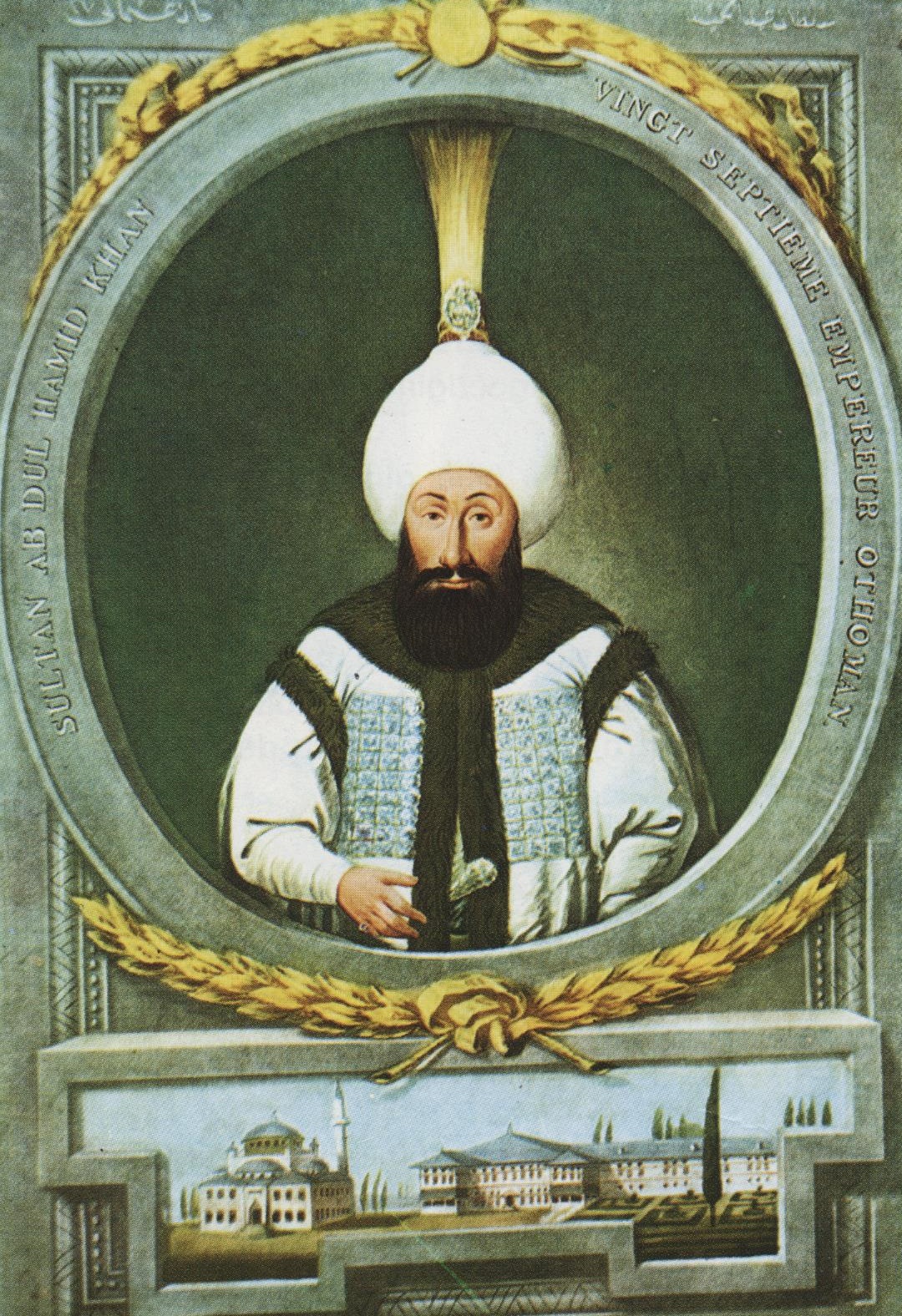|
Abdülaziz Efendi
Subhizade Abdulaziz Effendi (; died 1782/1783), was an Ottoman chief physician () of the 18th century. A son of a certain historian named "Subhi" (hence, ''Subhizade''), he worked at the court in Constantinople. Abdulaziz was proficient in Turkish, Persian, French, and Latin. He translated the Persian works ''Asjar o asmar'' of 'Ala' al-Din 'Ali Shah Khwarazmi al-Bukhari, and ''Borhan al-kefaya'' of Ali ibn Mohammad al-Sharif al-Bakri into Turkish. He also wrote two works in Turkish (translated from French and Latin) on medicine, translations of works written by Hermann Boerhaave. One of these translations was completed in 1768 with the assistance of Thomas von Herbert, an Austrian interpreter, whereas the other one, Boerhaave's ''Aphorisma'', was completed in 1771. Apart from just translating Boerhaave's "ideas", Abdulaziz also tried to "reconcile and harmonize" these efforts of the Dutchman with the existing traditional Islamic medicine In the history of medicine, "I ... [...More Info...] [...Related Items...] OR: [Wikipedia] [Google] [Baidu] |
Istanköy
Kos or Cos (; ) is a Greece, Greek island, which is part of the Dodecanese island chain in the southeastern Aegean Sea. Kos is the third largest island of the Dodecanese, after Rhodes and Karpathos; it has a population of 37,089 (2021 census), making it the second most populous of the Dodecanese after Rhodes. The island measures . Administratively, Kos constitutes a municipality within the Kos (regional unit), Kos regional unit, which is part of the South Aegean Administrative regions of Greece, region. The principal town of the island and seat of the municipality is the town of Kos. Name The name ''Kos'' () is first attested in the ''Iliad'', and has been in continuous use since. Other ancient names include Meropis, Cea, and Nymphaea. In many Romance languages, Kos was formerly known as ''Stancho'', ''Stanchio'', or ''Stinco'', and in Turkish language, Turkish it is known as (), all from the Rebracketing#In Greek, reinterpretation of the Greek expression 'to Kos'; ''cf.'' t ... [...More Info...] [...Related Items...] OR: [Wikipedia] [Google] [Baidu] |
Islamic Medicine
In the history of medicine, "Islamic medicine", also known as "Arabian medicine" is the science of medicine developed in the Middle East, and usually written in Arabic, the ''lingua franca'' of Islamic civilization. Islamic medicine adopted, systematized and developed the medical knowledge of classical antiquity, including the major traditions of Hippocrates, Galen and Dioscorides. During the post-classical era, Middle Eastern medicine was the most advanced in the world, integrating concepts of Modern Greek, Roman, Mesopotamian and Persian medicine as well as the ancient Indian tradition of Ayurveda, while making numerous advances and innovations. Islamic medicine, along with knowledge of classical medicine, was later adopted in the medieval medicine of Western Europe, after European physicians became familiar with Islamic medical authors during the Renaissance of the 12th century. Medieval Islamic physicians largely retained their authority until the rise of medicine as a p ... [...More Info...] [...Related Items...] OR: [Wikipedia] [Google] [Baidu] |
Translators From The Ottoman Empire
Translation is the communication of the meaning of a source-language text by means of an equivalent target-language text. The English language draws a terminological distinction (which does not exist in every language) between ''translating'' (a written text) and ''interpreting'' (oral or signed communication between users of different languages); under this distinction, translation can begin only after the appearance of writing within a language community. A translator always risks inadvertently introducing source-language words, grammar, or syntax into the target-language rendering. On the other hand, such "spill-overs" have sometimes imported useful source-language calques and loanwords that have enriched target languages. Translators, including early translators of sacred texts, have helped shape the very languages into which they have translated. Because of the laboriousness of the translation process, since the 1940s efforts have been made, with varying degrees o ... [...More Info...] [...Related Items...] OR: [Wikipedia] [Google] [Baidu] |
1780s Deaths
Year 178 ( CLXXVIII) was a common year starting on Wednesday of the Julian calendar. At the time, it was known as the Year of the Consulship of Scipio and Rufus (or, less frequently, year 931 ''Ab urbe condita''). The denomination 178 for this year has been used since the early medieval period, when the Anno Domini calendar era became the prevalent method in Europe for naming years. Events By place Roman Empire * Bruttia Crispina marries Commodus, and receives the title of '' Augusta''. * Emperor Marcus Aurelius and his son Commodus arrive at Carnuntum in Pannonia, and travel to the Danube to fight against the Marcomanni. Asia * Last (7th) year of ''Xiping'' era and start of ''Guanghe'' era of the Chinese Han dynasty. * In India, the decline of the Kushan Empire begins. The Sassanides take over Central Asia. Religion * The Montanist heresy is condemned for the first time. Births * Lü Meng, Chinese general (d. 220) * Peng Yang, Chinese official (d. 214) ... [...More Info...] [...Related Items...] OR: [Wikipedia] [Google] [Baidu] |
Translators From Latin
Translation is the communication of the semantics, meaning of a #Source and target languages, source-language text by means of an Dynamic and formal equivalence, equivalent #Source and target languages, target-language text. The English language draws a terminological distinction (which does not exist in every language) between ''translating'' (a written text) and ''interpreting'' (oral or Sign language, signed communication between users of different languages); under this distinction, translation can begin only after the appearance of writing within a language community. A translator always risks inadvertently introducing source-language words, grammar, or syntax into the target-language rendering. On the other hand, such "spill-overs" have sometimes imported useful source-language calques and loanwords that have enriched target languages. Translators, including early translators of sacred texts, have helped shape the very languages into which they have translated. Becau ... [...More Info...] [...Related Items...] OR: [Wikipedia] [Google] [Baidu] |
Translators From Persian
Translation is the communication of the meaning of a source-language text by means of an equivalent target-language text. The English language draws a terminological distinction (which does not exist in every language) between ''translating'' (a written text) and ''interpreting'' (oral or signed communication between users of different languages); under this distinction, translation can begin only after the appearance of writing within a language community. A translator always risks inadvertently introducing source-language words, grammar, or syntax into the target-language rendering. On the other hand, such "spill-overs" have sometimes imported useful source-language calques and loanwords that have enriched target languages. Translators, including early translators of sacred texts, have helped shape the very languages into which they have translated. Because of the laboriousness of the translation process, since the 1940s efforts have been made, with varying degrees o ... [...More Info...] [...Related Items...] OR: [Wikipedia] [Google] [Baidu] |
18th-century Physicians From The Ottoman Empire
The 18th century lasted from 1 January 1701 (represented by the Roman numerals MDCCI) to 31 December 1800 (MDCCC). During the 18th century, elements of Enlightenment thinking culminated in the Atlantic Revolutions. Revolutions began to challenge the legitimacy of monarchical and aristocratic power structures. The Industrial Revolution began mid-century, leading to radical changes in human society and the environment. The European colonization of the Americas and other parts of the world intensified and associated mass migrations of people grew in size as part of the Age of Sail. During the century, slave trading expanded across the shores of the Atlantic Ocean, while declining in Russia and China. Western historians have occasionally defined the 18th century otherwise for the purposes of their work. For example, the "short" 18th century may be defined as 1715–1789, denoting the period of time between the death of Louis XIV of France and the start of the French Revolution, ... [...More Info...] [...Related Items...] OR: [Wikipedia] [Google] [Baidu] |
Abdul Hamid I
Abdulhamid I or Abdul Hamid I (, ''`Abdü’l-Ḥamīd-i evvel''; ; 20 March 1725 – 7 April 1789) was the 27th sultan of the Ottoman Empire from 1774 to 1789. A devout and pacifist sultan, he inherited a bankrupt empire and sought military reforms, including overhauling the Janissaries and navy. Despite internal efforts and quelling revolts in Syria, Egypt, and Greece, his reign saw the critical loss of Crimea and defeat by Russia and Austria. The 1774 Treaty of Küçük Kaynarca granted Russia territorial and religious influence. He died soon after the fall of Ochakov in 1788. Early life Abdul Hamid was born on 20 March 1725, in Constantinople. He was a younger son of Sultan Ahmed III (reigned 1703–1730) and his consort Şermi Kadın. Ahmed III abdicated his power in favour of his nephew Mahmud I, who was then succeeded by his brother Osman III, and Osman by Ahmed's elder son Mustafa III. As a potential heir to the throne, Abdul Hamid was imprisoned in comfort b ... [...More Info...] [...Related Items...] OR: [Wikipedia] [Google] [Baidu] |
Medicine
Medicine is the science and Praxis (process), practice of caring for patients, managing the Medical diagnosis, diagnosis, prognosis, Preventive medicine, prevention, therapy, treatment, Palliative care, palliation of their injury or disease, and Health promotion, promoting their health. Medicine encompasses a variety of health care practices evolved to maintain and restore health by the prevention (medical), prevention and treatment of illness. Contemporary medicine applies biomedical sciences, biomedical research, medical genetics, genetics, and medical technology to diagnosis (medical), diagnose, treat, and prevent injury and disease, typically through pharmaceuticals or surgery, but also through therapies as diverse as psychotherapy, splint (medicine), external splints and traction, medical devices, biologic medical product, biologics, and Radiation (medicine), ionizing radiation, amongst others. Medicine has been practiced since Prehistoric medicine, prehistoric times, and ... [...More Info...] [...Related Items...] OR: [Wikipedia] [Google] [Baidu] |
Ottoman Empire
The Ottoman Empire (), also called the Turkish Empire, was an empire, imperial realm that controlled much of Southeast Europe, West Asia, and North Africa from the 14th to early 20th centuries; it also controlled parts of southeastern Central Europe, between the early 16th and early 18th centuries. The empire emerged from a Anatolian beyliks, ''beylik'', or principality, founded in northwestern Anatolia in by the Turkoman (ethnonym), Turkoman tribal leader Osman I. His successors Ottoman wars in Europe, conquered much of Anatolia and expanded into the Balkans by the mid-14th century, transforming their petty kingdom into a transcontinental empire. The Ottomans ended the Byzantine Empire with the Fall of Constantinople, conquest of Constantinople in 1453 by Mehmed II. With its capital at History of Istanbul#Ottoman Empire, Constantinople (modern-day Istanbul) and control over a significant portion of the Mediterranean Basin, the Ottoman Empire was at the centre of interacti ... [...More Info...] [...Related Items...] OR: [Wikipedia] [Google] [Baidu] |





